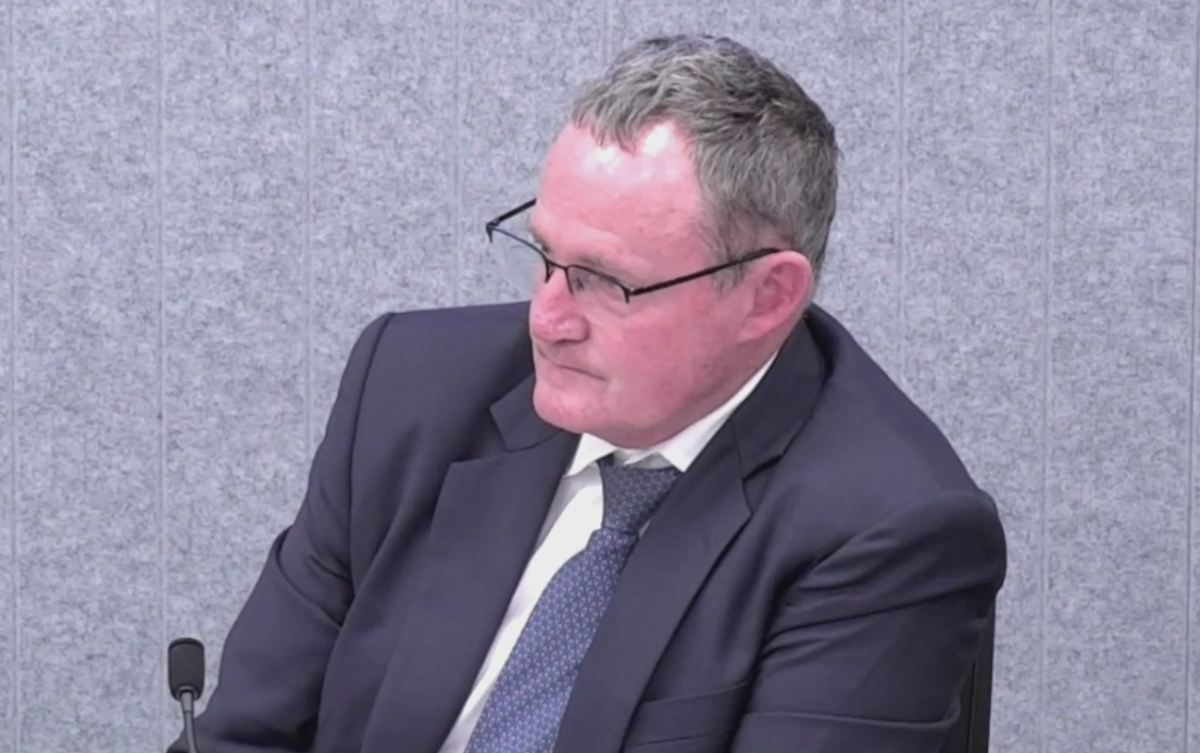
Steven Whybrow SC at the Board of Inquiry today (15 May): “It’s clear that there are strong political forces at play here.” Photo: Screenshot.
Bruce Lehrmann’s defence lawyer Steven Whybrow SC accused ACT Director of Public Prosecutions Shane Drumgold SC of “improper conduct” in his treatment of Senator Linda Reynolds and said he was “pissed off” and “angry” at the suggestion that Senator Reynolds may have been seeking to tailor evidence in the Lehrmann trial.
Mr Drumgold told the inquiry last week that he was concerned about Ms Reynolds’ partner being present in the court and felt there was “sufficient evidence there” to put to her a positive assertion that she had specifically arranged for this in order to tailor her evidence. He also cited the fact that Ms Reynolds had asked Mr Whybrow to send her lawyer transcripts of her evidence as proof of potential interference.
“From my perspective, it was an appalling mischaracterisation of what had occurred,” Mr Whybrow said today (15 May), disagreeing with the claims.
He called the accusations “unfair and … untrue”, adding that they “played on this so-called political cover-up conspiracy”.
He said that he showed Mr Drumgold the texts he had exchanged with Ms Reynolds that included advice that she should not speak to her partner about the case, to “set [Mr Drumgold’s] mind at rest that nothing untoward was happening”, but instead Mr Whybrow said Mr Drumgold used them for the opposite purpose, to further discredit her.
Mr Whybrow took issue with Mr Drumgold’s assertion that Ms Reynolds had sought to tailor her evidence and his questioning of her motives to do so, which suggested there was truth in his assumptions.
“The DPP … weaponised and put them as positive propositions,” he said. These concerns were outlined in an email on 17 October while the trial was still in progress.
Mr Whybrow also told the inquiry he was concerned about Mr Drumgold’s closing address to the jury, which he described as containing “positive propositions put without an evidential basis”.
“I said that it’s clear that there are strong political forces at play here, particularly with a number of the witnesses, particularly the senators and their chiefs of staff,” the DPP told the jury.
Mr Lehrmann’s lawyer said he “felt like the prosecution was trying to bootstrap the credibility of the assertions made by Ms Higgins to those reasons that were contested – and significantly contested”.
“I took the view that there was no positive evidence to support them at all … To put them as positive propositions at the end of the case was unfair,” he added.
Beyond being unfair, Mr Whybrow said that barristers are subject to ethical constraints and that there must be a “proper basis” for claims of this nature to be made.
“Positive proposition is a damning thing for somebody to have put to them … it’s even worse if the person who puts it doesn’t have any proper basis,” he said, adding that “it’s a problematic issue and one that people [who litigate] should take very seriously.”
Mr Whybrow held similar concerns regarding the DPP’s press conference on 2 December after the decision had been made to discontinue the trial.
“I formed the clear view that there was a reasonable prospect of conviction. That is a view I still hold today,” Mr Drumgold’s statement said. He also commented on Ms Higgins’ “bravery, grace and dignity” in handling the trial and the “level of personal attack” that came with it.
In Mr Whybrow’s view, the statement “conveyed that [Mr Lehrmann] was really guilty in his view”.
“The DPP is not the solicitor for the complainant; he’s supposed to be the objective minister of justice,” Mr Whybrow told the inquiry.
When asked by counsel assisting Erin Longbottom KC whether his concern was that there had been a “failure to act impartially”, Mr Whybrow said, “Absolutely, and I can’t understand how it could be an oversight when it’s a prepared statement”.
During questioning last week, Mr Drumgold told the inquiry that the police “held such a passionate view in [Mr Lehrmann’s] innocence”. However, when asked by Ms Longbottom whether he shared the view that police had lost their objectivity, Mr Whybrow disagreed.
“Police had tried to get everything they could, got into fights at Parliament House about getting hold of material, had tried to chase down as many different witnesses as they could … They looked at everything, whether it suited the allegation or it suited the statements made by Mr Lehrmann,” he said.
“Often I am at serious loggerheads with police … none of that was apparent in this case,” he added.
Mr Drumgold had come under fire last week for not wanting the AFP investigative review documents to fall into the hands of Mr Lehrmann’s defence counsel, describing these documents as containing opinions formed from stereotypical judgements.
Mr Drumgold’s counsel Mark Tedeschi KC argued the documents were indeed not disclosable and, in fact, only contained “a summary and an analysis of evidence that had already been provided”, along with “sensitive materials … that were not referred to in the trial”, such as references to Ms Higgins’ counselling records. Mr Whybrow conceded that “95 per cent of them at least appear variously throughout the brief” elsewhere.
When asked by Mr Tedeschi whether the briefing document was “very one-sided”, Mr Whybrow agreed. When asked whether he had received a document like that previously as a defence counsel, he could not recall.
However, he said, “It was useful in relation to a number of forensic decisions we made in the running of the trial”.












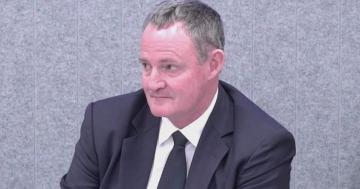
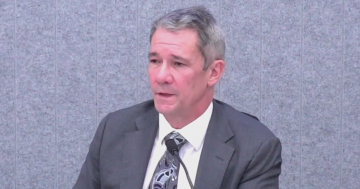
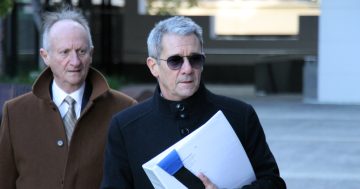
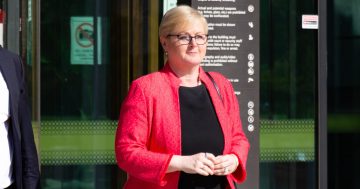

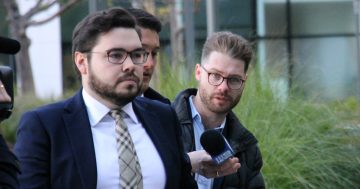
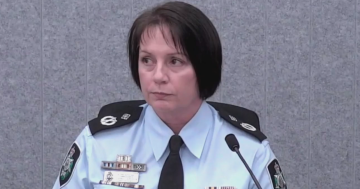
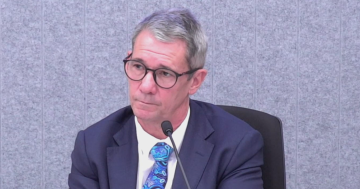
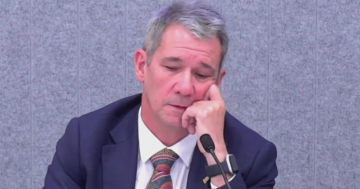

As the Independent candidate for Canberra, I want to clarify that not all Independents are funded by… View